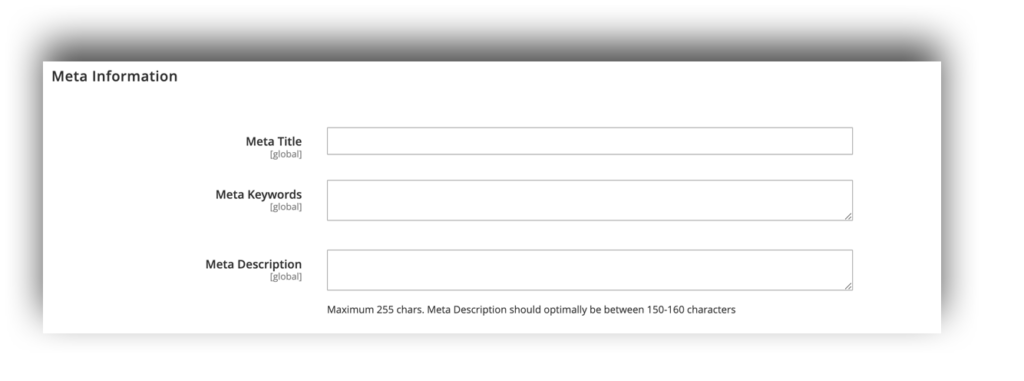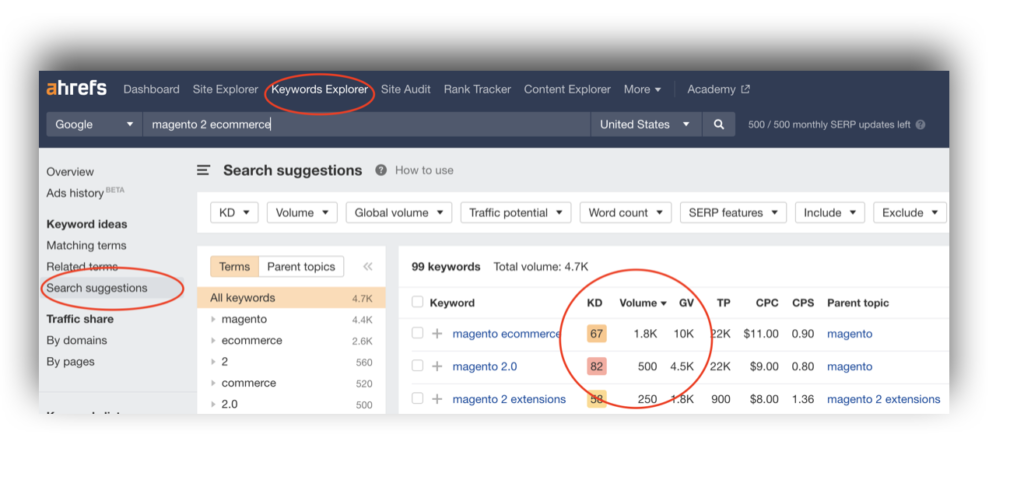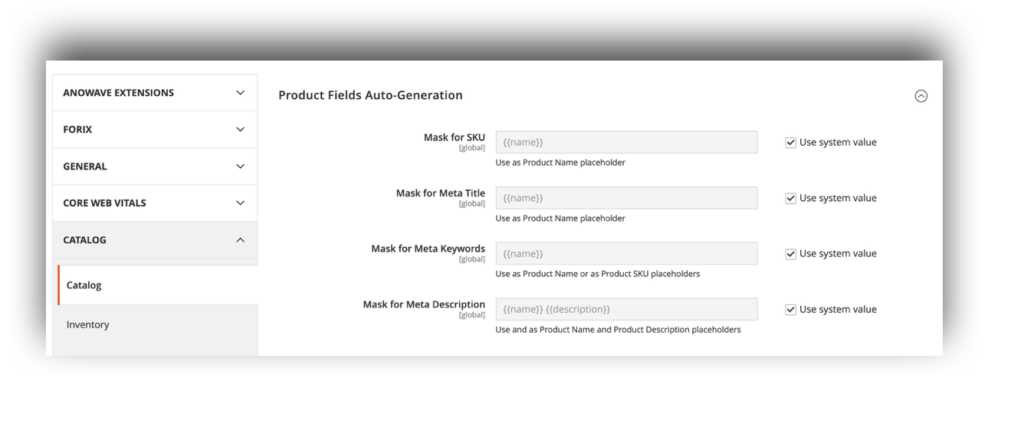How to Optimize Metadata in Magento 2
Magento 2 is an open-source platform enabling online store owners to create eCommerce websites of all sizes and complexities. Magento 2 differs from Magento 1 in that Magento 2 is faster, more SEO-friendly, and more user-friendly than Magento 1. Therefore, this means more orders per hour and faster page loads than Magento 1.
SEO for Magento 2 is important because it will boost your website’s online ranking as well as the products in your eCommerce store. This blog post is a guide to creating the optimal meta information for Magento 2 so that your products rank higher and get noticed.
What is SEO
SEO stands for Search Engine Optimization – a technique to help websites increase traffic through search results. With good SEO, a website is highly evaluated by search engines and help your site rank high in SERPs (Search Engine Result Pages).
Why SEO is Important for Magento 2
SEO is important because it helps increase the quality and quantity of traffic to your store, bringing in more interested buyers leading to higher conversions generating more revenue.
How to Create the Optimal Metadata in Magento 2
The key metadata to start focusing on is meta title, meta keywords, meta description, and image alt tag. Though SEO is quite a complex science, one thing is unshaken – the importance of the meta title and meta description. These SEO values remain important as they are the first point of contact between a website and the search engine. They help Google determine what a site page is about and define how its content matches the users’ queries.
Moreover, given that the meta title and meta description are the first things the user sees in the SERPs, these elements can work as an elevator pitch or a short ad for your product or category. 1. Meta Title
1. Meta Title
When writing meta titles, use high-value keywords. Choose words carefully, as you are limited to under 70 characters. Title tags are shared on social media and appear in browser tabs, helping the user navigate to the correct page when multiple tabs are open. Keep the meta title brief and unique, focusing on one primary keyword.
2. Meta Keywords
There is no maximum limit for meta keywords, which are not shown in the SERP, but 1-3 is a good place to start. Use a keyword tool such as Ahrefs. Use the “Keywords Explorer” function to find keywords your audience is searching for based on search intent. Pay attention to “Search suggestions”, their “Keyword Difficulty”, and “Search Volume” to find high-quality keywords.
3. Meta Description
The maximum number of allowed characters in the meta description is 255, but the optimal amount is from 150-160 characters. Focus on more than keywords; include phrases to reach more customers with an intriguing call to action.
4. Image Alt Tag
Image alt tags are descriptions of your images. These improve the accessibility for visitors who are visually impaired. It also allows search engines to read the image, helping your chance of ranking in image search.
In Magento 2, there are two choices to optimize metadata – the manual way explained above and the automatic way shown below.
5. Mass Settings for Products
For large-scale sites with thousands of items to manage, the below settings are helpful to create a template for metadata for products at a global level. Go to Stores -> Configuration -> Catalog -> Product Fields Auto-Generation. The limitations here are that there is a lack of customization to each product and category. Also, the template is applied only to newly created product, with no possibility to optimize the ones that already exist in the store, or those previously migrated or imported.
An Intentional Systematic Approach
This guide is a quick overview when setting up product metadata in your Magento 2 eCommerce store. SEO is important, but checking the boxes with a customized audience-focused approach takes time. Magento 2 allows for both a manual and an automatic option. Think through the best option, then take an intentional, systematic approach to craft your metadata so your products can rank well in Google and other search engines.
If you need any help, let us know!




